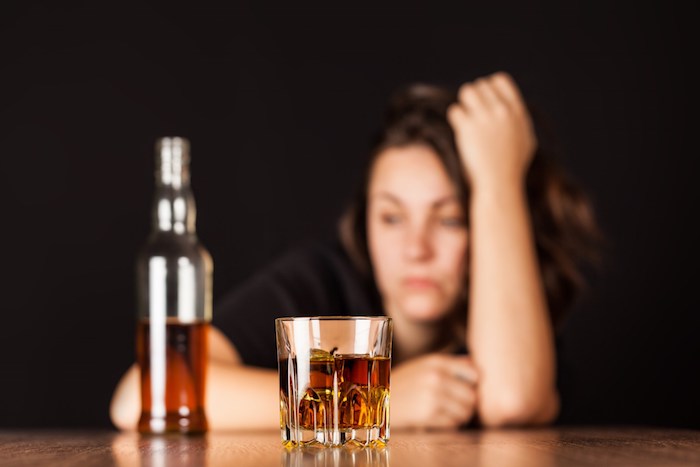“Because I Am Done Putting My Body Through So Much.”
All of us are aware of the effects of alcohol on anxiety at a general level. Below I’ll go much deeper on how alcohol affects your anxiety and the overall mind, body, spirit connection:
1. Alcohol offers a short-term boost to self-confidence
Alcohol tends to make people more relaxed and chatty, thereby causing a temporary alleviation of social anxiety. Alcohol has a sedative like quality which is what results in increased relaxation and calmness only for a short period of time.
Alcohol-induced relaxation and increased self-confidence however does not last long. The balance of different functions and chemicals in the brain gets disturbed by alcohol. The section of the brain associated with inhibition gets suppressed by alcohol, thereby allowing an anxiety sufferer to be freer.
However, such pleasant effects disappear fast as alcohol gets processed by the body.
Alcohol is a depressant and it reduces the happy hormone serotonin in the body. Low level of serotonin in the body is known to be associated with increased anxiety. Thus, even when alcohol is consumed for a short period, it can adversely affect anxiety levels and damage overall mental health.
2. Hangovers and deterioration of short-term memory
Hangovers caused by alcohol are often marked by nausea, headache, dehydration, etc. Sometimes, hangovers will also cause symptoms like dizziness, palpitations, perspiration, and shaking, etc. All these can combine and increase the risk of an anxiety attack as these symptoms are quite similar to those experienced by anxiety sufferers.
Hangovers will also lead to increased worrying about physical health (which in turn can lead to health anxiety)
Anxiety sufferers may perceive headaches to more than just alcohol induced and maybe a symptom of some other medical condition, thereby increasing anxiety. Dehydration and reduced serotonin levels also contributes towards the feeling of malaise or being unwell.
The lack of consciousness after the intake of alcohol may cause people to say and do things which would be considered embarrassing in normal situations. When alcohol affects your anxiety it causes a loss of short-term memory (THIS video goes deeper into anxiety and memory issues), wherein the person tends to forget the going-ons of the previous night. Anxiety sufferers may begin worrying the following morning about the possible things that they may have done or said, thereby raising their anxiety levels. Alcohol Affects
3. Alcohol causes sleep problems
Research has shown that the intake of alcohol as a means to being able to sleep disturbs the sleep regulator or the sleep homeostasis of the body. The sleep patterns get disrupted due to the intake of alcohol.
Lack of proper sleep can result in lethargy, reduced energy levels, and bad mood. These can in turn increase the risk to development of anxiety symptoms and hamper the daily routine. Inability to carry out the daily tasks can then result in increased irritability and exhaustion, Alcohol Affects
Regular consumption of alcohol also increases the susceptibility to dependence on alcohol.
Any kind of dependency can be very detrimental to anxiety. Alcohol Affects consumption can also be harmful for anxiety sufferers as they are more likely to develop alcohol dependency.
Anxiety sufferers may consume alcohol to alleviate anxiety and relax. As discussed above, alcohol affects your anxiety greatly in the long term, but the ‘mini vacations’ it provides a person can create alcohol dependency if we’re not conscious of what’s truly going on.




















